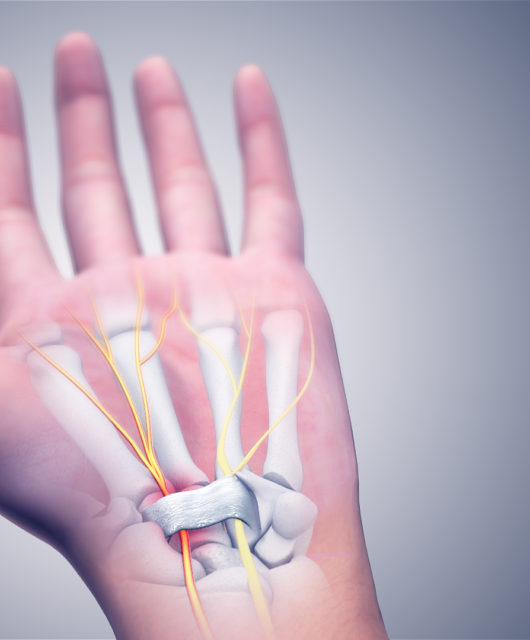Do the Benefits of Weight Loss Surgery Outweigh the Risks?

Morbidly obese patients may consider bariatric surgery. In fact, this is becoming increasingly popular. This is because the rates of obesity are continuing to rise, and for them, the best bariatric surgery is quite literally a lifesaver. While the benefits of this type of surgery are undeniable, there are risks associated with it as well, and you need to be aware of those.
Bariatric surgery isn’t for everybody. It is very safe and incredibly effective, but it also has disadvantages. It is very important that you know exactly what you are letting yourself into before you have any type of surgery. Additionally, you need to learn about what the procedure actually involves.
The Goal of Bariatric Surgery
The ultimate goal of bariatric surgery is not to help people lose weight, which may come as a surprise. The goal actually is to make sure people can learn how to adopt healthier habits, so that they never put weight on again. This means making them eat smaller portions of more nutritious and healthy food. It also means making them exercise more. While the reality is that bariatric surgery does help people lose weight, very rapidly and in large amounts in fact, that is actually a welcome side effect and not the ultimate goal.
The Benefits of Bariatric Surgery
The benefits of bariatric surgery are tremendous:
- You can consistently lose weight for about two years.
- Your health and overall quality of life will significantly improve.
- There is only a very low chance of complications.
- You should see improvements in any comorbid disorders you may have.
- The procedures today are laparoscopic, which means there is very little pain, the complication rates are very low, and the recovery time is very quick.
- You could see your type 2 diabetes go into remission.
- Your high cholesterol, hypertension, breathing problems and more should all improve.
- You should see a tremendous improvement in your hypertension within as little as three months.
- You should see an improvement in stress incontinence.
- All the common aches and pains associated with being overweight will start to disappear.
The Risks
Being realistic is about knowing everything, and this includes the risks. They are:
- Complications, while uncommon, are possible.
- You could experience hernias, wound infections, nerve problems, and blockages.
- If you have to stay in hospital for a longer period of time, you may develop infections.
- If you don’t properly follow your treatment program, you may end up with nutritional deficiencies. This is particularly true if you had a malabsorptive procedure.
- In very rare cases, you could develop a pulmonary embolism or bleeding ulcers in the stomach.
- In less than 0.21% of cases, death follows these procedures.
As you can see, there are risks associated with bariatric procedures, but they are minimal. Whether or not you feel they outweigh the benefits or not is a personal decision. Do make sure you listen to your physician’s advice, and that you also follow all their recommendations if you do decide to have the procedure completed, so that you can further reduce the chance of complications.









